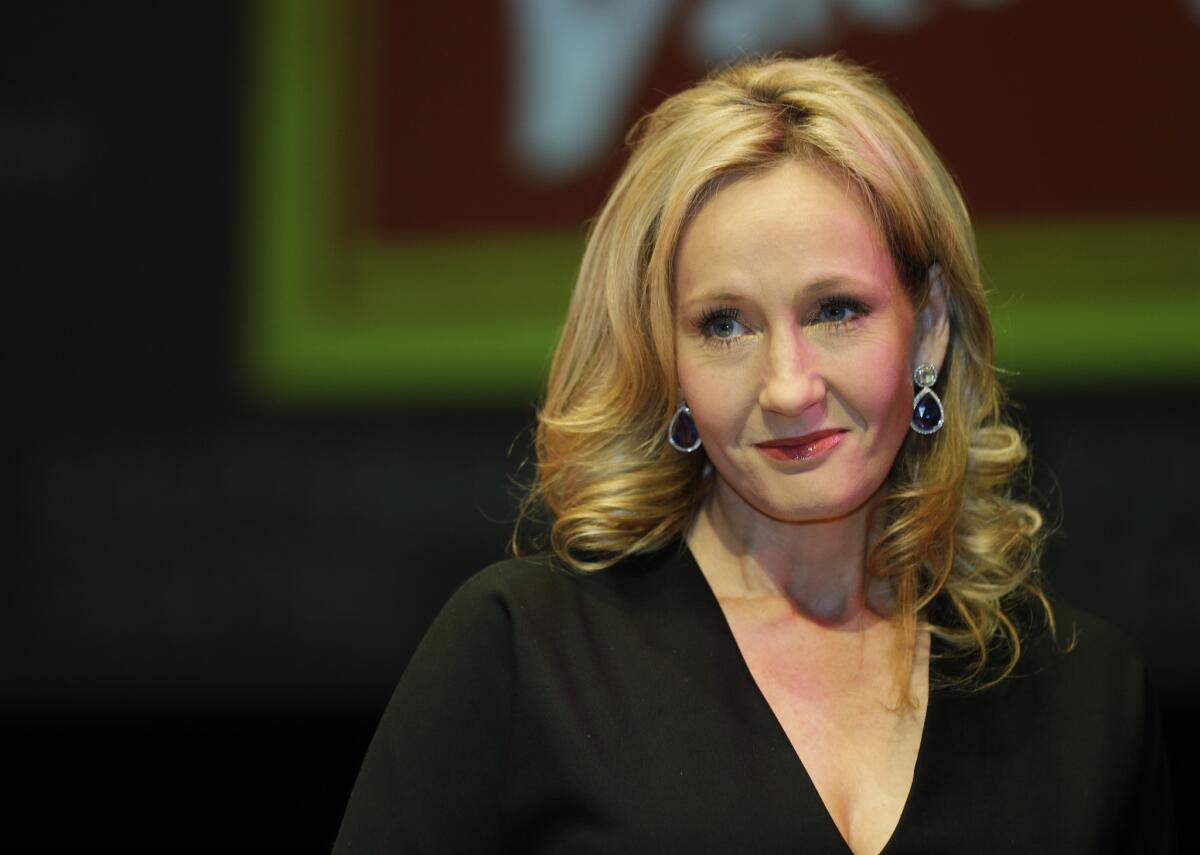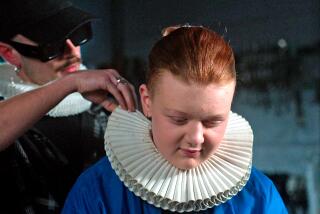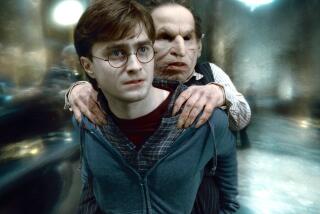Opinion: Harry Potter lives on in us, not in J.K. Rowling’s tweets

Two years ago, I designed a tattoo for a friend, a celebration of the first anniversary of his gender transition. It was the Deathly Hallows symbol from the Harry Potter series, with the quote “You fail to recognize that it matters not what someone is born, but what they grow to be” underneath.
I was 7 the first time I read Harry Potter, curled in bed with my mom, wandering through Hogwarts and finding the world that would define my childhood. Like many in my generation, I grew up alongside The Boy Who Lived. I can still remember sitting in a Borders bookstore with high school friends for the midnight release of “The Deathly Hallows” — a gaggle of 16-year-old queer kids in cheap black robes and colored ties, holding our breath, waiting for something like magic to happen.
It would be years before I met my friend or embarked on my own transition. But I found myself in the pages of J.K. Rowling’s books long before that journey. Queer and trans parallels aren’t hard to come by in those books, from closet metaphors to themes about loss and loneliness growing up. The series is full of social outcasts building a found family that accepts them for who they are. The night I came out to my parents, I sat where I’d first read Harry Potter and exhaled.
So when I woke up recently to see Rowling was trending on Twitter for expressing transphobic views, I was tired. Tired, because I thought of my childhood self, carrying Rowling’s books tucked against my chest, seeking escape to the halls of a school that I believed could love and accept me, too.
Rowling had tweeted her support for a British woman, Maya Forstater, whose employment contract with a think tank wasn’t renewed after she espoused transphobic views about the immutability of physical sex. While the cisgender world debated Rowling’s intentions, I had quietly gone about the business of divorcing myself from the image of Rowling in my head.
I know the difference between who someone is and the person we want them to be — though that recognition can still cause an ache. The connection we form with fiction and the way it shapes us is a strange thing. Reconciling the truth of Rowling’s reality to what she has meant to me was hard, snatching away the thing that made me feel I belonged when I was most vulnerable.
As we grow, we come to learn that the world is often less welcoming than it is in books, and goodness more difficult to define. Sometimes the people we admire, who we feel shaped us, are fallible and cruel.
I do not know J.K. Rowling, only her books and the hope they have instilled in me since I was young and the many friends I made because of a shared love for the world she created. I know the diverse fan community that continues to shape that world. I know my friend, with his tattoo, and the words that mean more to us now than when we read them as children. I know that the spirit of those books lives in more than just one woman.
Now, as a writer, words are my life, which is not unlike being a professional wizard. What is magic, really, if not speaking an existence into the world?
When Harry summoned his broom, disarmed an opponent, or created light to banish shadows, he said a spell and made it so. I think the wizarding world is on to something in knowing that power can rest in names like Voldemort or Dumbledore.
Having transitioned, saying my name aloud is its own type of magic, crafted over the years I spent locked inside myself. I write to create worlds and people I recognize — people like me, on the page, happy and alive.
I owe that in part to Rowling’s work, the place where my journey started more than 20 years ago. But so much more of me belongs to the people I shared it with. That’s what I carry now, tucked against my chest.
I was not what I was born, but what I’ve grown to be.
Daniel Mazzacane is a writer and poet living in Riverside, Calif.
More to Read
A cure for the common opinion
Get thought-provoking perspectives with our weekly newsletter.
You may occasionally receive promotional content from the Los Angeles Times.










